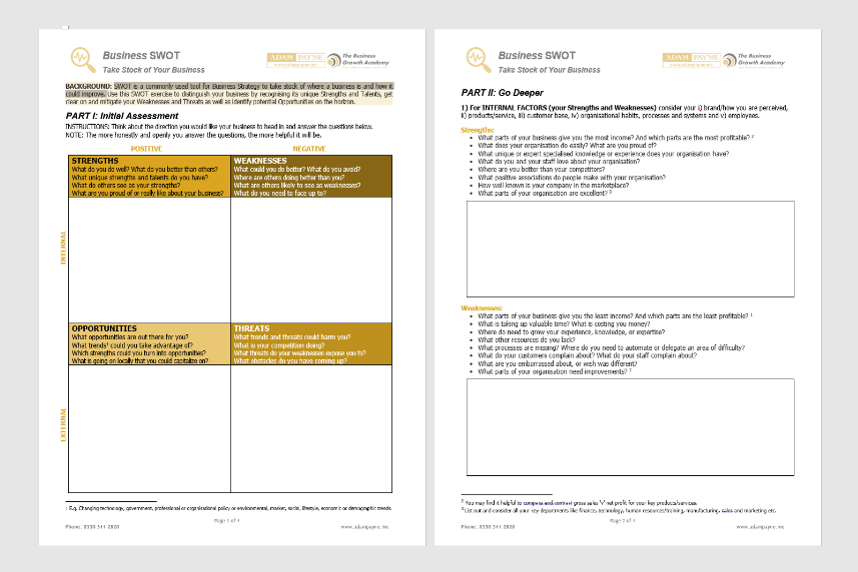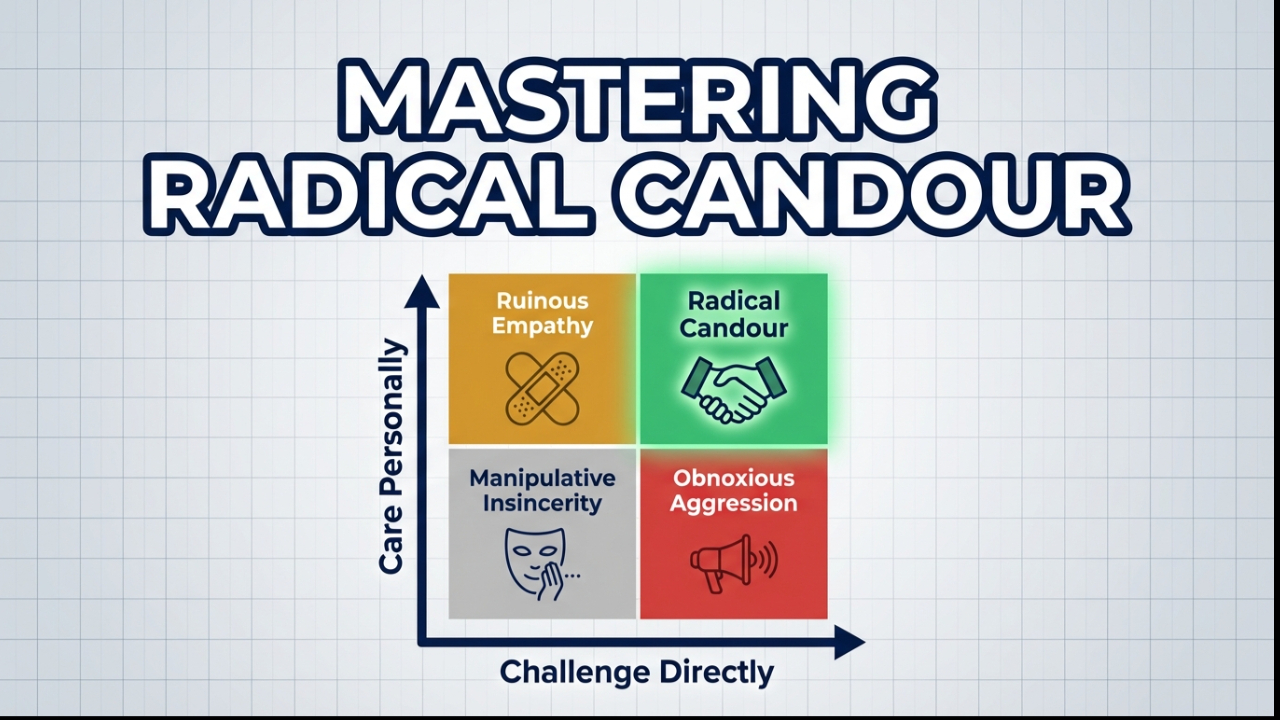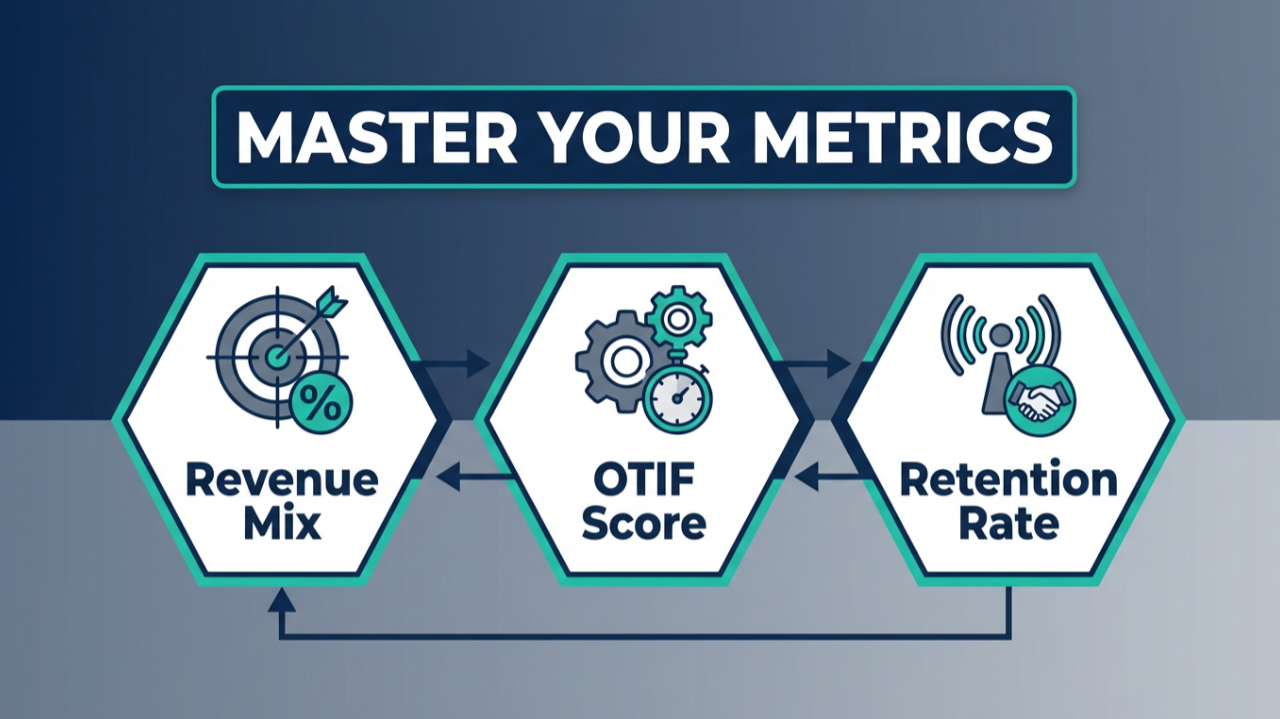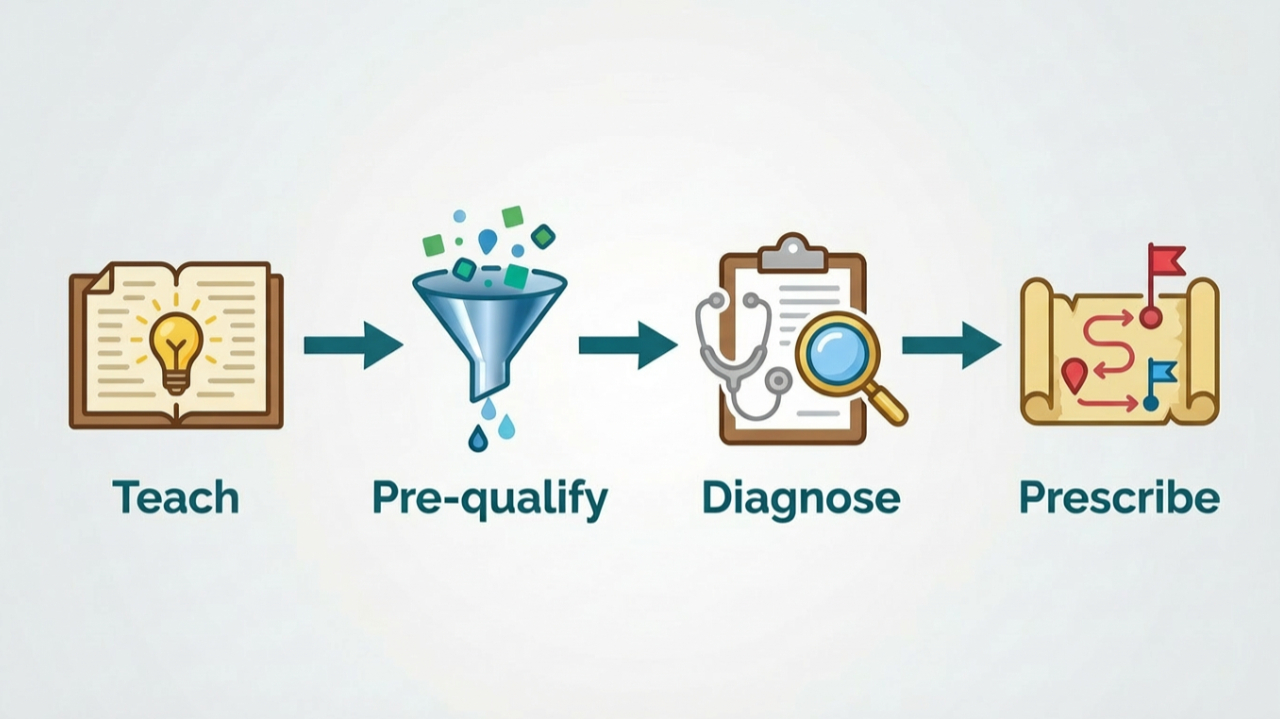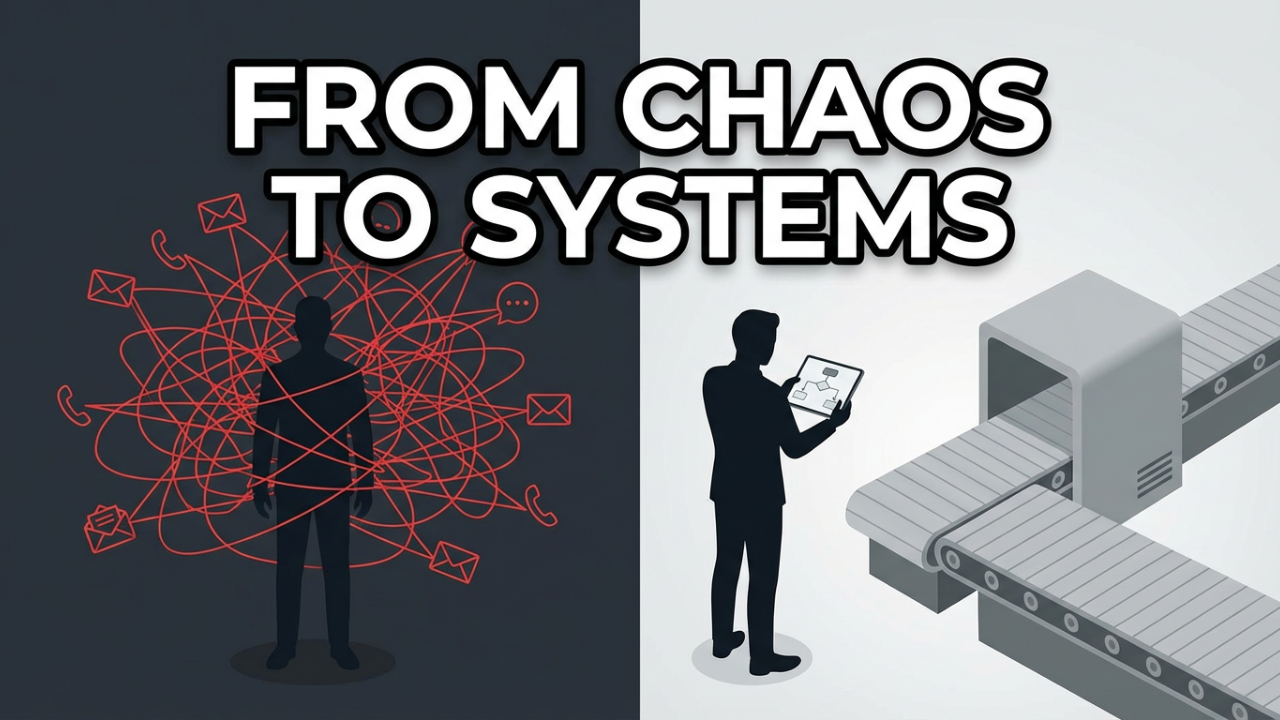Avoiding 5 Catastrophic Errors on the Path to Prosperity for Small Businesses
Embarking on the entrepreneurial journey as a micro business owner is an adventure filled with both excitement and uncertainty. The path to success is often a complex maze of decisions and actions that can either catapult you to new heights or tether you to the ground. In the relentless pursuit of growth, it's alarmingly easy to stumble into pitfalls that not only hinder progress but can also undermine the very foundation of your business. Today, we delve into five critical mistakes that are all too common among micro businesses. These errors, if not avoided or corrected, can severely impede your business's growth trajectory. We aim to highlight these pitfalls and offer valuable insights that will empower you to steer clear of them and navigate your business journey with greater confidence and foresight.
1. Flying Blind: The Perils of Lacking Strategic Planning
Embarking on a journey without a clear direction is akin to setting sail into the unknown without a map or compass. This analogy perfectly encapsulates the risks of operating a business devoid of a well-thought-out strategic plan. A compelling piece of evidence from a study by Bain & Company indicates that businesses armed with a clear strategic plan are a remarkable 32% more likely to hit their growth targets. A strategic plan serves as your business's roadmap, delineating your vision, goals, objectives, and the actionable steps required to reach them. It's the blueprint that guides your decision-making and aligns your resources with your aspirations. Without this roadmap, your business efforts can become scattered and unfocused, leading to squandered resources, overlooked opportunities, and ultimately, stagnation.
The significance of strategic planning is immense. It requires an in-depth analysis of your business’s strengths, weaknesses, opportunities, and threats (SWOT analysis), the establishment of realistic and measurable goals, and the creation of a plan that is both adaptable and resilient. This process entails anticipating potential challenges and being ready to make necessary adjustments while maintaining a clear focus on your objectives. A strong strategic plan acts as a dynamic document that evolves alongside your business, ensuring you stay on track and can adapt to the constantly shifting business environment.
2. The Blind Spot: Insufficient Market Research
There's a certain allure to the notion of blissful ignorance, but in the unforgiving world of business, ignorance is far from bliss—it's a potential death sentence. A sobering statistic from a survey by Clutch reveals that a lack of market need for their products or services was cited by 42% of failed businesses as the reason for their demise. This underscores the critical importance of thorough market research. It's the process of gathering, analysing, and interpreting information about your target market, identifying customer needs and preferences, understanding the competitive landscape, and pinpointing trends that can influence your business strategy.
Market research acts as the GPS for your business decisions, guiding everything from product development to marketing strategies. It enables you to customise your offerings according to your target audience's specific needs, distinguish your business from competitors, and make well-informed decisions that can drive your business forward. Ignoring this essential step is like embarking on a road trip without a GPS—you might reach your destination eventually, but your chances of getting lost or taking unnecessary detours are significantly higher.
3. The Cash Flow Conundrum: Inadequate Financial Management
Cash flow is the lifeblood of any business, and its management is a delicate balancing act that can make or break a company. The Federation of Small Businesses (FSB) cites poor cash flow management as a leading cause of small business failure. It's not just about having cash in the bank; it's about the timing of cash inflows and outflows, understanding your financial obligations, and having a strategy in place to ensure that your business can sustain itself and grow.
Effective financial management encompasses a range of practices, including meticulous budgeting, vigilant monitoring of financial performance, and strategic planning for future investments. It's about being proactive rather than reactive, anticipating potential cash flow challenges, and having contingency plans in place. Without a firm handle on your finances, you leave your business vulnerable to cash flow crises that can cripple your operations, hinder your ability to invest in growth opportunities, and ultimately, jeopardise the survival of your business.
Cash flow is King in our eyes.
Grab our free Cash Flow Forecasting template here
4. The Customer Disconnect: Neglecting Customer Relationships
In the relentless pursuit of growth, it's perilously easy to overlook the very people who are the lifeblood of your business—your customers. A study by Bain & Company brings to light a compelling statistic: increasing customer retention rates by a mere 5% can lead to an increase in profits ranging from 25% to a staggering 95%. This highlights the immense value of nurturing customer relationships. Prioritising customer satisfaction, actively engaging with your clientele, and promptly addressing their concerns are not just good business practices—they are essential for fostering loyalty and encouraging repeat business.
Building strong customer relationships is about creating a positive customer experience at every touchpoint, from the initial contact to post-purchase support. It's about understanding your customers' needs, exceeding their expectations, and making them feel valued. In doing so, you not only retain existing customers but also turn them into advocates for your brand, which can lead to new customer acquisition through word-of-mouth referrals. Neglecting this critical aspect of your business can result in a disconnect that hinders growth and leaves you struggling to attract and retain customers.
5. The Resistance to Change: Failure to Adapt
Adaptability is not just a virtue—it's a necessity for survival and growth. A report by McKinsey & Company sheds light on a striking revelation: companies that embrace digital transformation are an impressive 26% more profitable than their less adaptive counterparts. This statistic underscores the importance of staying agile, keeping abreast of market trends, and leveraging new technologies to maintain a competitive edge.
Adapting to change means being open to new ideas, reevaluating your business model, and being willing to pivot when necessary. It's about embracing innovation, whether it's through adopting new technologies, exploring new markets, or rethinking your product offerings. Resistance to change can leave you lagging behind your competitors, missing out on opportunities, and ultimately, becoming obsolete.
To Summarise
In recognising and proactively addressing these five common mistakes, you can unlock your business's hidden growth potential. Implement strategic planning to guide your business decisions, conduct thorough market research to understand your market and customers, maintain sound financial management practices to ensure a healthy cash flow, prioritise customer relationships to build loyalty and drive repeat business, and embrace change to stay competitive and relevant.
Remember, the journey to business success is a continuous process of learning and adaptation. It's about being resilient in the face of challenges, agile in response to change, and relentless in your pursuit of growth. With the right mindset and strategies in place, you can navigate the ever-evolving business landscape and achieve sustainable success.
PS: If you need support expert support in any of these areas,
please do get in contact here.
Pay It Forward! Sharing Is Caring!

